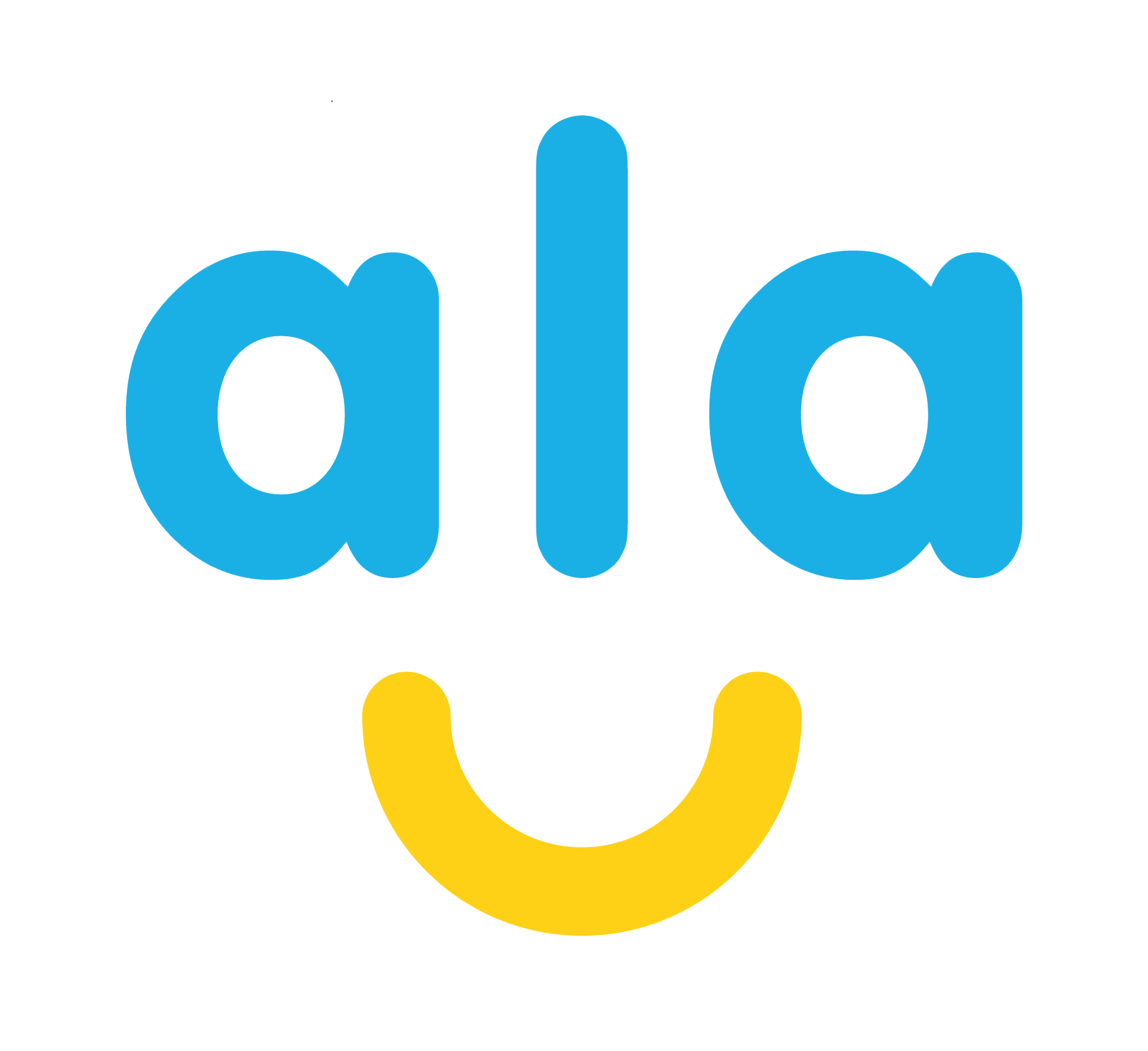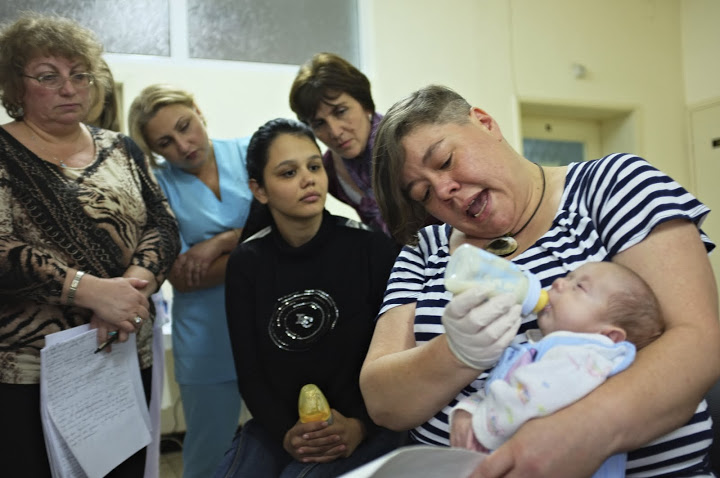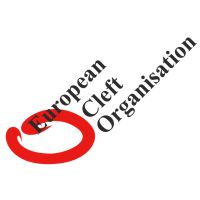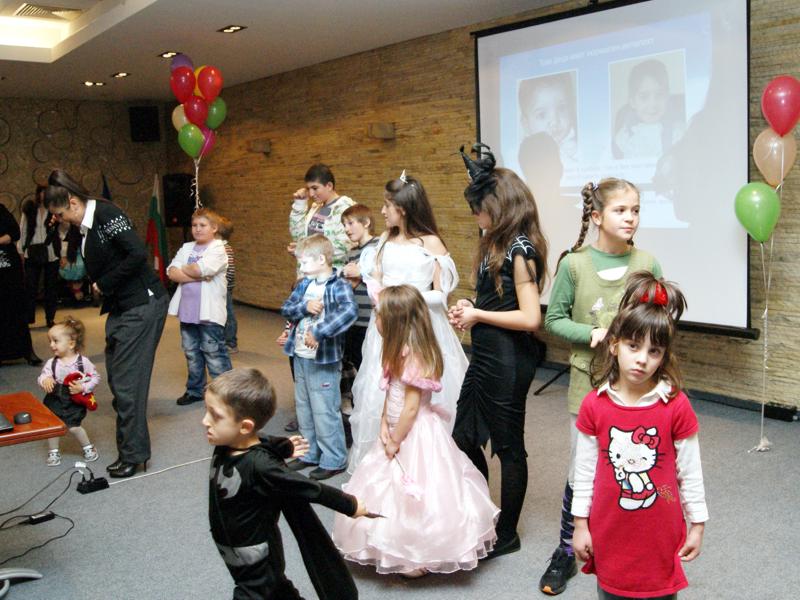FIRST-EVER CLEFT BABY GUIDELINES UNDERWAY
Bulgaria Helps Draft EU Standards for Early Care of Cleft Lip/Palate
Plovdiv, Bulgaria – 4 September, 2013 – Up to 40% of parents of babies born with cleft lip/ palate in Bulgaria are told to place their child in institutions, through lack of understanding of the straightforward care (such as simple feeding techniques) required during the first months of life. Today, however, marks a triumphant milestone for these children and their families; representatives from several countries including Bulgaria are meeting in Vienna, Austria to produce the first-ever set of EU-wide guidelines for the early care of babies born with the condition.
Cleft means ‘split’ or ‘separation’: during early pregnancy separate areas of the face develop individually and then join together. If some parts do not join properly the result is a cleft. The condition is completely treatable, and with the right medical care and social support, children born with clefts can go on to achieve the same as any other child. Efforts over the last two years by former the European Cleft Organisation (www.ecoonline.org) finally resulted in the nod from Brussels, and their work has already resulted in further education and irrevocably changed, for the better, the life of at least one Bulgarian mother and child.
When Tihomira Misheva (22 years) gave birth to her son Mario in Yambol, Bulgaria, she was told by health professionals in the maternity ward that the only way he could be fed was through a nasogastric tube and would need to be put in an orphanage. It was a nurse trained by ECO who taught Tihomira how to feed Mario with a bottle, which resulted in her eventually being allowed to remove her son from the institution and taken home.
Bulgarian plastic surgeon Professor Youri Anastassov, a spokesperson for ECO says;
“This is a great opportunity to get cleft lip and palate on the health agenda throughout Europe. The development of a standard should reduce the number of children abandoned because they are born with a cleft. The framework could become a model for other conditions, not just in Europe, but across the globe.”
Bulgaria, Austria, Lithuania, Estonia, Romania, Slovakia, Belgium, Finland and the UK are sending delegates to the meeting. The committee will deliver a report with guidelines for referral processes, establishment of feeding, and parental support. The report can be used as an empowering tool, enabling patients groups to lobby for changes to deliver best practices.
Editors visit www.ecooonline.org – media enquiries to tsimoes@wavelengthgroup.com or +44(0)207 5492863





